About Embodied Recovery
Embodied Recovery Rehab is an addiction and mental health treatment facility in Los Gatos, California that seeks to help adults heal from addictive disorders, cope with mental health challenges, and find lasting relief through treatment, counseling, and educational programs.
The facility accepts several PPO insurance plans as payment for their drug and alcohol programs.
A Unique and Engaging Approach to Rehabilitation in Los Gatos
This facility takes a unique approach to rehabilitation combining psychology, ancient wisdom teachings, philosophy, and somatic approaches to treatment.
The facility uses mindfulness based relapse prevention techniques, one on one therapy, acupuncture, eco therapy, and daily Sundo. Sundo is an ancient healing art from Korea and a form of Taoist yoga.
One unique program is called HeartMath. This system allows clients to identify emotions and attitudes that deplete them and increase stress. Then, the program teaches clients to replace those attitudes and emotions with new ones that can help facilitate healing.
Effective Addiction Care in Santa Clara County
The facility currently offers three care levels: PHP, IOP, and OP. The facility’s partial hospitalization program, also known as Day Treatment, offers clients at least 25 hours of clinical support and programming every week. Treatment is offered five days a week, Monday through Friday, between 9:00 A.M. and 3:00 P.M.
IOP, the facility’s intensive outpatient program, is offered two to four days a week between Monday and Thursday at 4:00 P.M. to 7:00 P.M. The frequency and length of treatment will depend on the specific services needed and the client’s personal preferences.
OP, or outpatient care, takes place one or two times of week. Clients will receive one individual session every week and one or two group sessions depending on their needs.
Latest Reviews
Thank you for sharing such a thoughtful and heartfelt review. Your words speak to the courage and honesty that make meaningful growth possible. We’re grateful you felt that reflected in your experience with us. Knowing that our environment and approach resonated with you is deeply encouraging to our team. Thanks again for taking the time to share your reflections and for supporting the work we do.
Rehab Score
Gallery
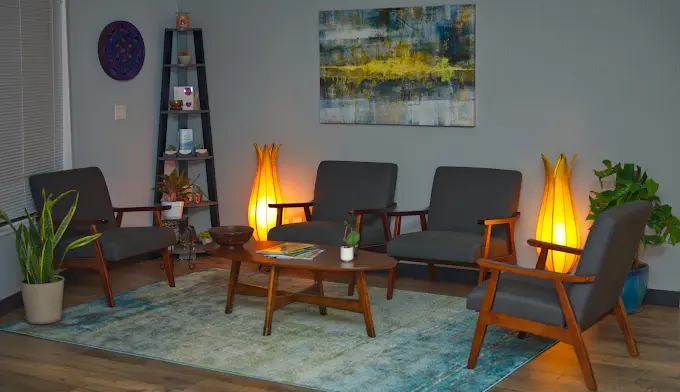
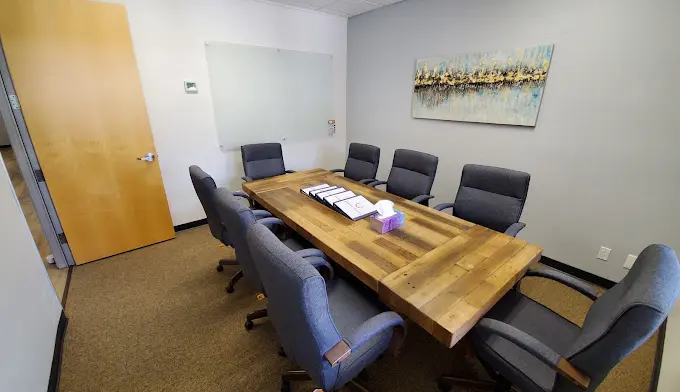
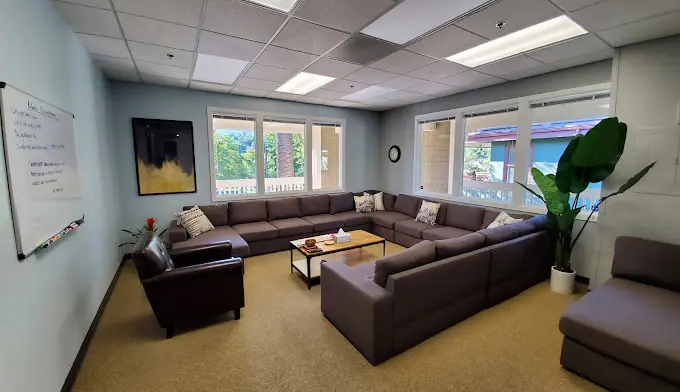
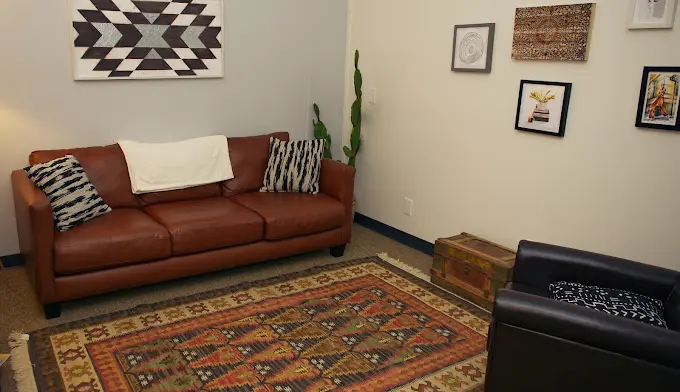
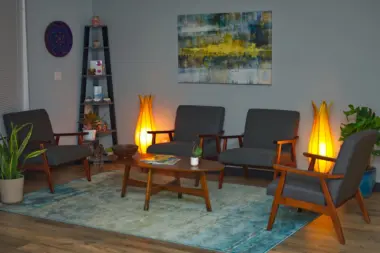

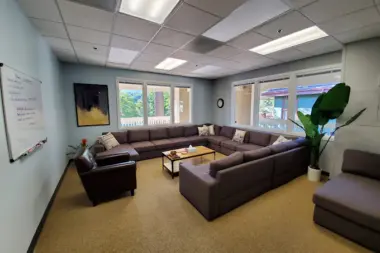
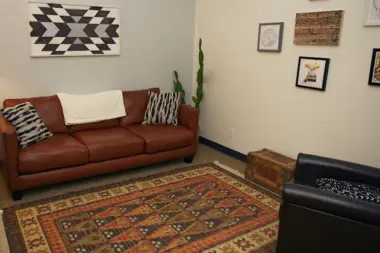
Other Forms of Payment
Private insurance refers to any kind of healthcare coverage that isn't from the state or federal government. This includes individual and family plans offered by an employer or purchased from the Insurance Marketplace. Every plan will have different requirements and out of pocket costs so be sure to get the full details before you start treatment.
Self-pay involves paying for treatment out of your own pocket. You can use savings or credit, get a personal loan, or receive help from family and friends to fund your treatment. If you don't have insurance or your insurance plan doesn't cover a specific program, self-pay can help ensure you still get the care you need.
Addiction Treatments
Levels of Care
Outpatient Programs (OP) are for those seeking mental rehab or drug rehab, but who also stay at home every night. The main difference between outpatient treatment (OP) and intensive outpatient treatment (IOP) lies in the amount of hours the patient spends at the facility. Most of the time an outpatient program is designed for someone who has completed an inpatient stay and is looking to continue their growth in recovery. Outpatient is not meant to be the starting point, it is commonly referred to as aftercare.
Inpatient rehab provides intensive treatment for clients exiting detox, those in early recovery, and those at an elevated risk of relapse. Unlike outpatient drug rehab, clients receiving inpatient care reside at the facility for the duration of the program. The length of stay may range from two weeks to 18 months or more, depending on the client's needs and the program's design. Inpatient treatment typically involves extensive addiction education and recovery-focused life skills training.
Intensive outpatient programs (IOP) support a client's sustained sobriety as they exit detox or step down from an inpatient program. IOPs are also designed for clients who are at an elevated risk of relapse. Intensive outpatient treatment typically requires clients to engage in a minimum of nine hours of therapy per week, but clients may receive up to 20 therapeutic hours weekly. IOP treatment modalities often combine psychotherapy, recovery-focused life skills training, and medication assisted treatment (MAT).
Sober living homes in California offers an intermediate sober environment that has less structure than inpatient rehab but more than typical home environments. This makes it a good option for those who have concerns about transitioning back to the "real world" after treatment. Residents can typically live at the halfway house as long as they want, if they are willing to follow house rules. These may include a curfew, chores, and maintaining a job.
Commonly known as "day treatment," a partial hospitalization program (PHP) is an intensive form of outpatient treatment where clients meet during the day and return home in the evening. PHP treatment doesn't require 24-hour care and often serves as an alternative to inpatient hospitalization or a step-down after a residential program. With PHP treatment, you can receive daily support for 6 to 8 hours which includes evidence-based therapies and medication management. The cost of PHP treatment typically varies but averages 90 days.
During the first phase of recovery – detox – it is crucial to have 24-hour clinical care in California. This care provides constant monitoring in order to ensure your safely and comfort as you progress through the withdrawal process for drug or alcohol addiction. Licensed professionals prescribe medications to treat withdrawal symptoms and provide frequent monitoring to ensure your safely as addictive toxins leave your system.
Programs
Adult rehab programs include therapies tailored to each client's specific needs, goals, and recovery progress. They are tailored to the specific challenges adult clients may face, including family and work pressures and commitments. From inpatient and residential treatment to various levels of outpatient services, there are many options available. Some facilities also help adults work through co-occurring conditions, like anxiety, that can accompany addiction.
Young adulthood can be an exciting, yet difficult, time of transition. Individuals in their late teens to mid-20s face unique stressors related to school, jobs, families, and social circles, which can lead to a rise in substance use. Rehab centers with dedicated young adult programs will include activities and amenities that cater to this age group, with an emphasis on specialized counseling, peer socialization, and ongoing aftercare.
Clinical Services
Cognitive behavioral therapy in California is a method that therapists often use for the effective treatment of substance use disorders. It is based on the principle that substance abuse stems from unhelpful ways of thinking and patterns of behavior, which can be changed by helping the individual learn better ways of coping.
During group therapy, men and women learn to express their emotions openly in a non judgmental setting. This helps you process your feelings and reduces feelings of social isolation that are often associated with addiction.
Individual therapy for drug addiction includes a customized treatment plan that considers your history and life circumstances. During your therapy sessions, the therapist helps you uncover underlying issues and triggers for addictive behavior that support a holistic approach to recovery.
Family therapy offers a platform for members to have an open dialogue about the challenges that addiction has placed on the family unit. Through guided sessions, therapists can help families develop healthy communication skills and address unresolved issues. By working together toward a common goal, they help to support their loved one's sobriety.
While in rehab treatment, you may work on developing various life skills to help you in long term recovery. These may include resilience, interpersonal skills, and self awareness. The focus will be on developing healthy habits for self care and relationships so you have the skills you need to manage day to day life.
The goal of creative arts therapy in California is to encourage growth and transformation. It can be used in individual and group settings with both children and adults. Options include movement, music, and painting.
The use of experiential therapy can be helpful for the treatment of behavioral disorders, including drug and alcohol addiction. This method teaches you how to release negative emotions and cope with pain from the past. Activities such as art, music, and animal care are used to facilitate this process.
Amenities
-
Residential Setting
-
Private Rooms
Staff

Greg Vorst
Co-Founder & Chief Executive Officer
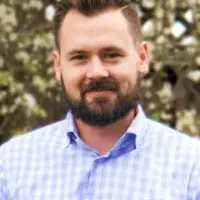
Michael Nolan
Chief Operating Officer
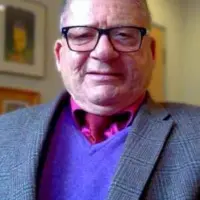
Richard Cicinelli
Medical Director
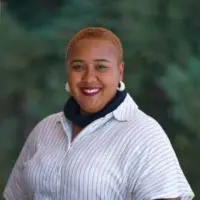
Patrice Ford
Program Therapist
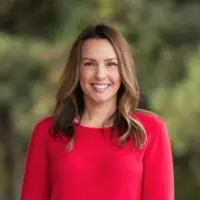
Christina Nolan
Operations Manager
Contact Information
20 S Santa Cruz Avenue
#319
Los Gatos, CA 95030